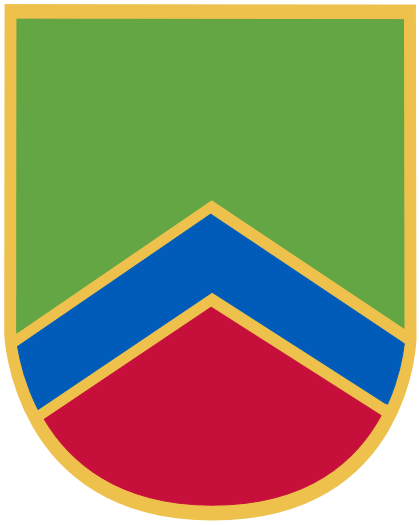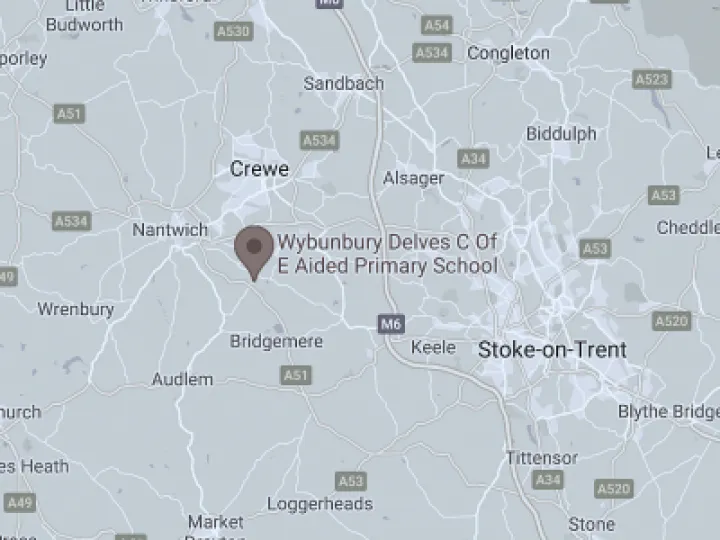Year 5 News 25.06.21
In our English lessons this week, we have written our own playscripts. After learning about all of the skills we needed to use in our writing, it was time to apply it. The children began by planning their innovation write. For this, the children were asked to plan the next part of the playscript we had learnt. They were writing about the story of the cyclops. Once their plans had been checked, the children were able to write their scripts. Focusing on using stage directions, characterisation and a range of sentence structures. Later on in the week, we then planned our imagination write. To do this, the children were asked to base their script on a Greek story they already knew. This could have been a Greek myth we have read in school, a story we have learnt in History or a part of our class book.
In our Maths lessons throughout the week, we have been learning about adding decimals. We have used number lines, part-whole models and bar models to represent how we can add and subtract decimals. We started by adding. The children were also shown how to use column addition to add decimals in the same way we usually do. In this case, we just need to consider the values as different and remember our exchanges. To subtract, we used the same method but used column subtraction. The class are very good at using these methods anyway so it was just a case of applying the understanding that they already had.
In computing this week, we have completed our unit. In a previous lesson, the children were asked to plan their spreadsheets. Using the children's plans, I put together a simple table which they were able to access on our class google drive. Our focus was on inputting data, using formulas to calculate amounts and using our skills to edit our spreadsheets. The children worked in pairs to fill in the cells with information they had acquired about space and planets in particular. For some data, the children simply inputted these into the spreadsheet. For others, they were required to use the formulas function to calculate addition and averages. Once the children had completed their spreadsheets, they were asked to edit this in their own styles. They used different fonts, different font colours, colours to fill the boxes and changed the colour outline of the cells. It was fantastic to see the children using all the skills that they had learnt together. The spreadsheets look amazing.
In our two Science lessons this week, we learnt more about how night and day occur. We have planned an experiment to learn about shadows but are just waiting for a day sunny enough to try it out. So, next, we went on to learn about how the Earth rotates around the sun. The children were given a set of pictures of sundials and given questions to answer in their books. We learnt about how these were the most effective way to measure the time of the day. In pairs, the children made their own sundial. Using torches (as a replacement for the sun), the children explored where the sun would be in relation to the earth at different timed of the day. We tried to take these outside but the shadows were very faint. Later on in our lessons, we used a model to show how night and day occurs. In groups, the children were given a globe and a torch. The children showed how the sun is in different points of the sky and how this creates day and night. We played a game in which the children had to shine a light on a country and shout out which country would be in darkness. We loved this. Next, the children learnt about time zones. Using a map of the world with time zones on, we learnt about how time changes in different countries. Again we played a game. Children were asked to look at the map for 30 seconds and then turn it over. I gave the children a country and they had to guess what time it would be based on another piece of information. At the end, we checked if the children's predictions were correct.
In our final Art lesson this week, we evaluated our Greek pots. The children had their pots in front of them and were asked to consider whether they pot looked like their design, what they liked about their pot and what they would change next time. These showed a great reflection of the skills we have used and how our pots may have changed from the designs.
In Geography we explored our understanding of Biomes. We recapped our prior learning and used this to make an important link, connecting our ideas about climate zones and biomes. We learnt that biomes have similar plants, animals, climate and soils. We then went on to see where the four main biomes are located and used a blank map to locate the tropical rainforests around the world.
Music this week saw us begin learning to play the recorder. We each have our own recorder and will use this one only. Our song for the next few weeks is 'Dancing in the Street' by Martha and The Vandellas. Firstly, we listened to the song (focusing on the lyrics), found the pulse and thought about whether or not this song tells a story. We were divided on our views for this, as well as how this song made us feel. Getting up on our feet was next! Following the movements of the onscreen characters to the pulse of the backing track was a challenge; especially as the pulse became quicker. The vocal warm up was next. We focused on: posture and alignment, our breathing and carried out breathing exercises. We then learnt how to hold the recorder and visually studied it. We then blew air into our recorders to get used to its sound. As a class, we learnt to play note F. This was our first lesson but we threw everything behind playing in time. One thing to work on next week is to make sure we are holding the recorder correctly and covering up the correct holes.
In our French lesson this week, we learnt how to use the phrases yesterday, today and tomorrow as part of our talking about the week. We asked questions in French and then provided our answers. We asked things like 'What day was it yesterday?' And of course, we had to answer with our knowledge of dates and days of the week.
This week, we have continued to work on our study work books. As we have completed different lessons, the children have produced study work. So, in our afternoons, we used this to put our pages together. This weeks focus was on our wellbeing and Art page for our Greek pots.
You continue to impress me Year 5 and make me proud to be your teacher.
Miss Welch
Quick Links
Contact Us
office@wybunburydelves.co.uk
01270 841302
Wybunbury Delves
Bridge Street
Wybunbury
Nantwich
CW5 7NE

